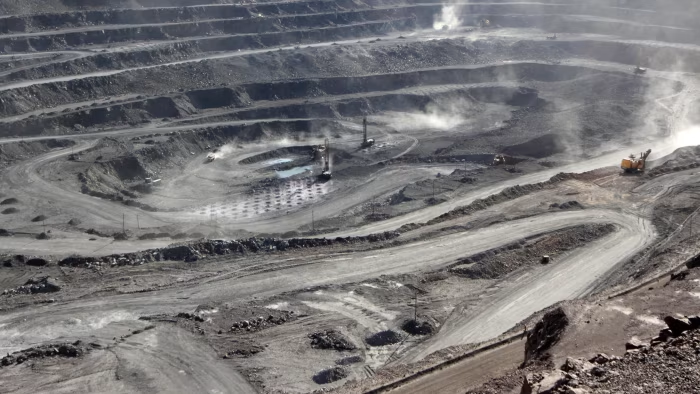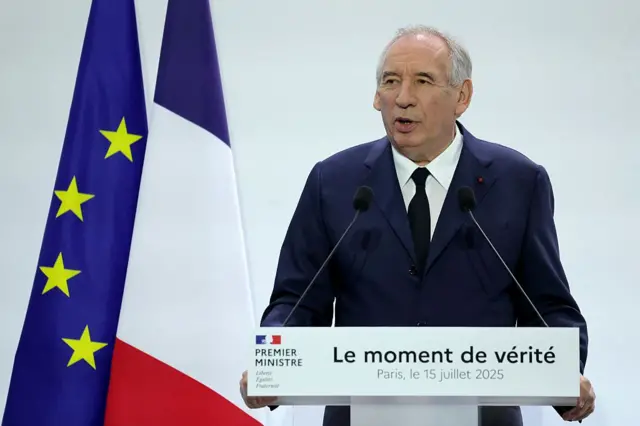EU businesses lobby China for rare earths ‘fast-track’ channel

European Union businesses are urging China to establish a special “fast-track” or “white list” channel for rare earth export licenses for trusted companies amid mounting global supply chain disruptions. At a recent meeting with China’s Ministry of Commerce, EU executives expressed concerns that stringent Chinese export controls—initially targeted at the US—have slowed deliveries to manufacturing sectors worldwide, including Europe, India, and Japan. The proposal includes granting multiple export licenses to avoid delays from individual applications. China, controlling the majority of the global rare earth supply, has been overwhelmed with license requests since implementing the controls in April, further complicating quick approvals. While Chinese officials acknowledged the problem and hinted at developing “innovative tools,” little progress has been reported. Some exporters have seen drastic reductions in approved shipments. Discussions also revealed that China may be leveraging rare earth shortages in negotiations with Japan and South Korea, seeking to counteract unfavorable US bilateral trade deals. The European Trade Commissioner raised the issue with China’s Commerce Minister, emphasizing the risk to European industry, while the Chinese Ministry asserted that their licensing practices comply with international norms.
The European Union has approved 13 new critical raw material projects outside the bloc to boost its supply of essential metals and minerals for the energy transition, defense, and aerospace industries. This move follows China’s new export restrictions on rare earth magnets, prompting the EU to reduce reliance on China, which dominates global magnet processing and supplies key renewable energy inputs. Under the Critical Raw Material Act of 2023, the EU aims to mine 10%, process 40%, and recycle 25% of its raw material needs by 2030.
China’s imposition of strict export controls on rare earth minerals and magnets since April 2025 has severely disrupted global auto manufacturing, particularly in the US and Europe. These restrictions, initiated in response to tariffs introduced by former President Donald Trump, persist despite some tariffs being temporarily suspended. China, responsible for over 90% of the global rare earth supply chain, now requires export licenses for these materials, with a low approval rate of about 25%. This bottleneck has forced several European car part manufacturers to halt production, as reported by the European Association of Automotive Suppliers (CLEPA). The repercussions extend beyond automotive to sectors like robotics and defense, but the auto industry is especially vulnerable due to the critical role of rare earth magnets in hybrid and electric vehicles, as well as other car components. US automakers warn of imminent production cuts, while CLEPA urges the EU and Chinese authorities to engage in dialogue to make the export licensing process more transparent and compliant with international standards.
Germany’s automotive industry faces potential production halts due to China’s tightened export controls on rare earth elements, essential for manufacturing key vehicle components like windshield-wiper motors and anti-lock braking sensors. The German auto lobby group VDA issued its first warning that these restrictions, particularly the slow issuance of export licenses and customs approval delays, could soon disrupt car production. Introduced in April, China’s new export rules require firms to obtain licenses, a move seen as diplomatic leverage given China’s dominance in the rare earth market. The issue has prompted urgent diplomatic efforts from countries including India, Japan, and European states, seeking expedited permissions from China. Global automotive trade groups, including those representing major manufacturers like GM, Toyota, Volkswagen, and Hyundai, echo Germany’s concern, warning that factory shutdowns may occur within weeks if vital components remain unavailable. While China has granted some export permits, including to Volkswagen suppliers, they are insufficient to maintain smooth operations. Auto parts maker Bosch also reported delays due to the new licensing procedures. Without swift changes, production delays and shutdowns are likely.






